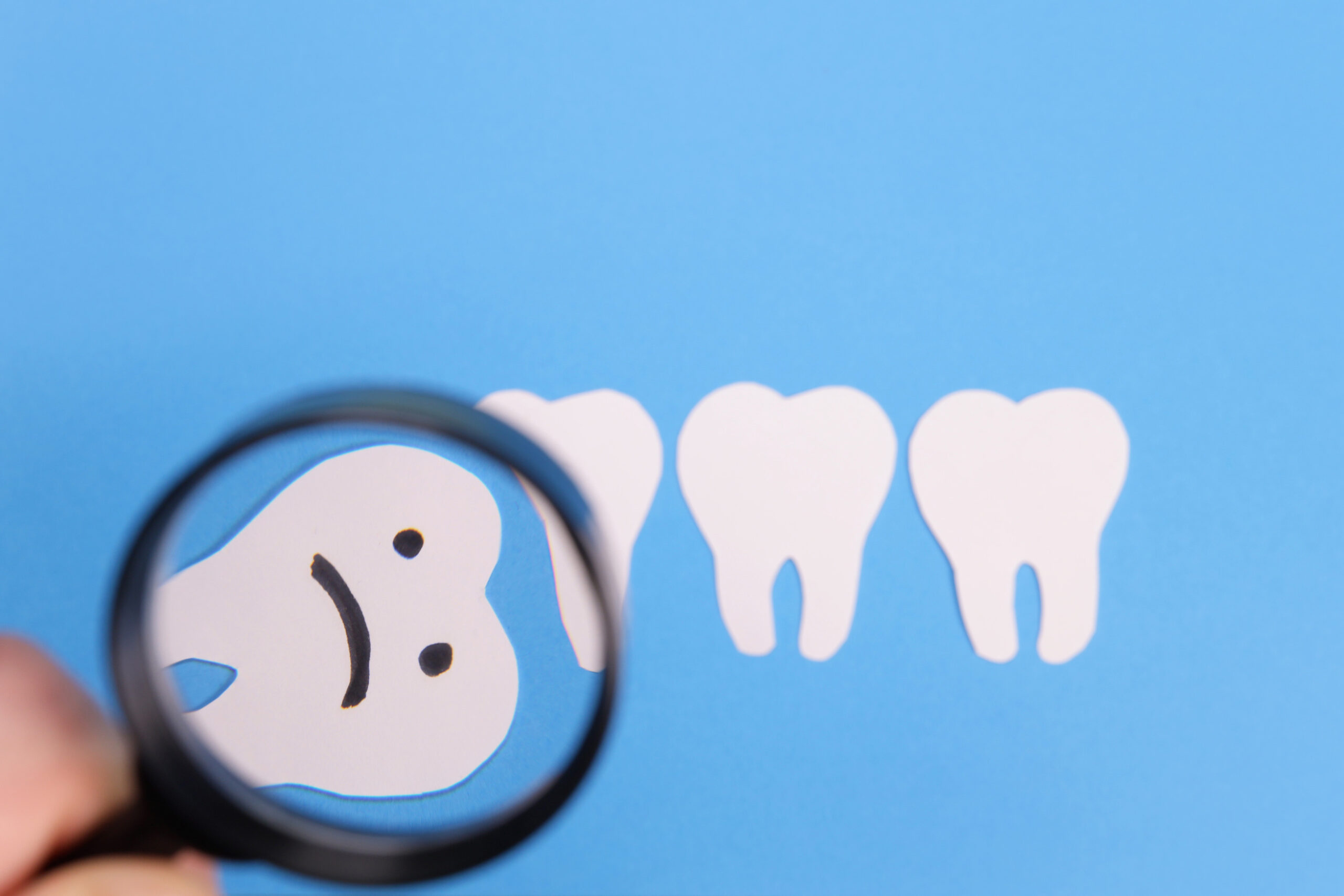Impacted teeth are a common dental issue that can lead to complications if not addressed promptly. This condition affects a variety of teeth, from wisdom teeth to canines. It’s crucial to recognize the signs early and understand the available treatments.
Learn everything you need to know about impacted teeth from the experts at the American Association of Orthodontists.
What is an Impacted Tooth?
An impacted tooth occurs when a tooth fails to break through the gum line. A lack of space in the mouth, eruption at an incorrect angle, or obstruction can cause an impaction. Wisdom teeth usually emerge between the ages of 17 and 25 and are the most frequently impacted. Family history also influences the likelihood of having impacted teeth.
How Common is Tooth Impaction?
Tooth impaction is not rare. Most people will experience this in their late teens to early 20s. Your orthodontist may recommend removing a wisdom tooth if it is causing problems. However, nearly 85% of people will have a wisdom tooth extracted during their lifetime.
Symptoms of an Impacted Tooth
Identifying an impacted tooth early can help in its effective management. Common symptoms of a full or partially impacted tooth include:
- Regular headaches or jaw pain.
- Pain opening your mouth.
- Gum sensitivity or pain near the impacted tooth.
- Redness or swelling of the gum tissue.
- Visible gaps where a tooth hasn’t emerged.
- Persistent bad breath, suggesting decay or gum issues.
- A foul taste when biting down, indicating an infection.
Impacted Baby Teeth: A Concern?
Impacted or ankylosed (teeth fused to the bone) primary or baby teeth can cause complications. Typically, baby teeth fall out to make way for adult teeth. If they remain in the arch, they can obstruct the proper emergence of adult teeth, leading to alignment issues and other dental problems.
It is recommended that children see an orthodontist around age 7. This helps catch minor problems early and start treatments to prevent or fix impacted teeth.
Understanding Impaction on Different Teeth
In adults, wisdom teeth are the most frequently impacted. However, other teeth can also experience impaction. Sometimes, the canines can become impacted.
The Hidden Dangers of Impacted Teeth
Impacted teeth can lead to severe complications if not addressed, besides causing pain and discomfort, gum infections, cyst formation, damage to the roots of other teeth, and even the malalignment of neighboring teeth.
Solutions and Treatments for Impacted Teeth
The treatment for an impacted tooth depends on its location and severity. Mild cases may benefit from orthodontic treatments, helping to bring the tooth to its correct position. Severe cases, especially involving wisdom teeth, often require surgical exposure or removal.
The Role of an Orthodontist in Treatments
AAO orthodontists undergo extensive training to handle orthodontic challenges, including impactions. They are the experts in the development and eruption of the dentition. A qualified orthodontist ensures that teeth emerge and align as they should.
Oral surgeons should be consulted for severe impactions, especially deep within the jaw. Their expertise in intricate dental surgeries ensures minimal complications.
Emphasizing Early Detection and Treatment
Catching an impacted tooth early can save much hassle and pain. Regular dental check-ups can help in detection. Plus, orthodontists recommend addressing dental concerns promptly to prevent escalated complications.
Prioritize Your Oral Health
Your dental health is a pivotal aspect of your overall well-being. Early detection can make a significant difference in your oral health. AAO orthodontists have the expertise and resources to guide you through any concern.
Remember, a proactive approach today can save you from potential discomfort and dental issues tomorrow. Your smile deserves the best care. Schedule a consultation with an AAO orthodontist to prioritize your oral health.
Find an Orthodontist near you!



